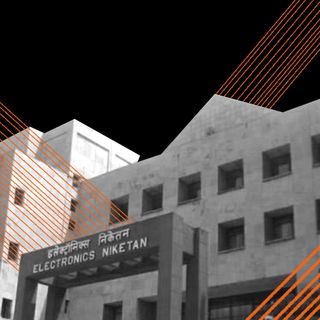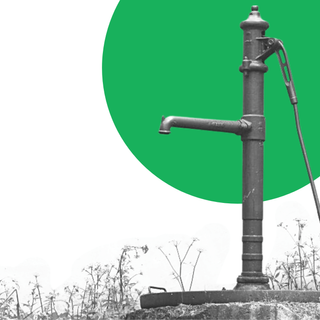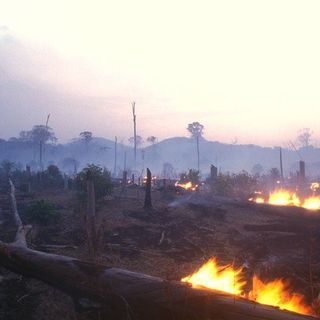The government has approved the diversion of 140 hectares of forest land in south Goa for a railway project amid protests from environmentalists and locals. It is one of several recent infrastructure projects approved in Goa that have been criticized for jeopardizing forests without providing enough benefits in return.
The South Western Railway’s double-tracking project is expected to cut through ecologically sensitive areas like the Bhagwan Mahavir Wildlife Sanctuary, and the Mollem National Park. According to the Hindustan Times, it could lead to the loss of more than 50,000 trees and significantly threaten biodiversity in the region.
Activists have alleged the railway project is primarily aimed at facilitating coal transportation. The “coal needs to be rapidly and cheaply transported, and it seems very likely that the controversial linear projects through the ecologically sensitive Mollem area are driven by these considerations,” Madhav Gadgil, chairman of the Western Ghats Ecology Experts’ Panel, told the Times of India in August last year, referring to “coal berths at the Vasco da Gama port that are promoting the interests of some very influential parties.”
“Despite the ecological and socio-economic destruction this project will bring to the state, the irony is that the people who are constitutionally elected to safeguard the fabric of our environment are the same group of people who are giving said clearances amid the groundswell opposition…,” Captain Viriato Fernandes, convenor of Goencho Avaaz, a local NGO opposing the clearance, told The Indian Express.
Related on The Swaddle:
India’s Forests Expanded This Decade, Yet Indigenous Communities Are Still Being Forced Out: Report
However, the Ministry of Environment, Forests and Climate Change, which granted first-stage approval of the railway project, has assured at least 1,000 trees per hectare will be planted in the region as part of compensatory afforestation within three years of the final approval for the project. Further, four underpasses to allow for wildlife crossing have also been announced as a mitigation measure, but activists believe that it may not be enough.
The railways have also denied allegations of the project being undertaken to facilitate transportation of coal, stating it is aimed at boosting general development in the region. “It has been misconstrued that the railway line double-tracking is being done solely for the purpose of coal transport,” Prashant Kumar Mishra, the additional general manager of South Western Railways, said.
He added there isn’t any alternate location for the project, and stressed the importance of the project, considering the existing tracks are overworked.
But environmentalists aren’t convinced. “There was a huge uproar last year to protect Mollem and if the government can ignore the voice of its people then this is rather unfortunate…. But we will keep fighting and we will keep protesting,” said Claude Alvares, director of Goa Foundation, which has been deeply involved in the ‘Save Mollem’-movement.




